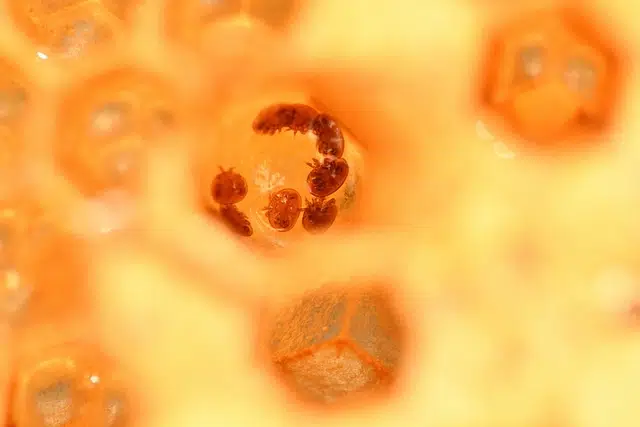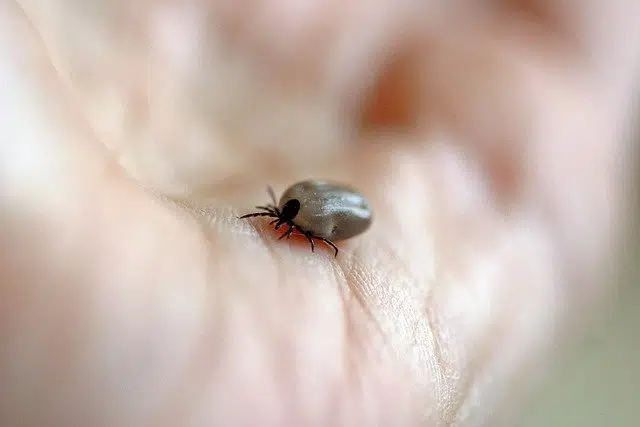
The way of life of parasites is known as parasitism.
Parasitism is the type of association and way of life typical of parasites . These organisms live at the expense of other species, on which they feed without actually killing them.
With parasitism, one of the species (which acts as host ) suffers a weakening of its reproductive fitness due to the action of the other species (the parasite ) , which benefits by improving its own reproductive fitness.
Parasites can live inside the host and be called endoparasites , or reside outside and be known as ectoparasites . Parasites that ultimately kill the host are called parasitoids .
Parasitism concept
Parasitism can be defined as a process that allows one species to improve its ability to survive at the expense of another, which it uses to satisfy its basic needs. It is important to highlight that the species that acts as host is harmed by this interaction .
Throughout the different generations, the parasitic species ends up producing morphological and physiological transformations since the interaction is established through natural selection.
Different roles
The parasites themselves can become, in turn, the host of a third species, which is called a hyperparasite . In these cases, a kind of chain is produced, where the hyperparasite exploits the parasite, and the parasite does the same with the host.
Host organisms usually develop defense mechanisms to avoid the actions of parasites. This is the case of plants that produce toxins to deter parasitic fungi.

Ticks are insects that develop parasitism.
Parasitism and evolution
When talking about parasites, the focus is usually on the damage they cause to their hosts and their inevitable adaptation to the immune response. However, hosts must also learn to live with their small invaders, since they collaborate with natural selection; In other words, the parasite population and the organisms in which they reside evolve in parallel.
This remarkable phenomenon of parasitism gives us the tools to understand, for example, the greater frequency of appearance of the sickle cell anemia gene in malaria-endemic regions. Parasites generally choose their hosts very carefully and in most cases only associate with a particular species. Furthermore, practically all living beings, regardless of their size (even microscopic ones), have a parasite that they do not share with the rest.
If we add to this the fact that some parasites are hosts for others, as occurs in the case of hyperparasitism, it is correct to say that the proportion of parasites in flora and fauna worldwide is actually very high.
The link between the parties
It is worth mentioning that there is a very specific reason why parasites do not kill their hosts, and that is that they depend on them to continue existing and evolving. Through this evolution , for example, the majority of pathogenic biological agents (those capable of causing damage or illness in the organisms in which they reside, be they animals or plants) end up becoming parasites.
When the bond between both parties is very close, both parties may experience a phenomenon called cospeciation , through which the parasite can look for a partner to procreate in the body of the individual with which its host mates. Cases have been studied, such as the ape foamy virus, in which this relationship has lasted millions of years, and that is why its observation is essential for biology.
Parasitism beyond biology
Beyond biology , the habit of someone who lives at the expense of another person is known as parasitism.
“I'm fed up with Hugo's parasitism: if he doesn't look for work, I'll kick him out of the house” is a phrase that shows this meaning of the notion.
